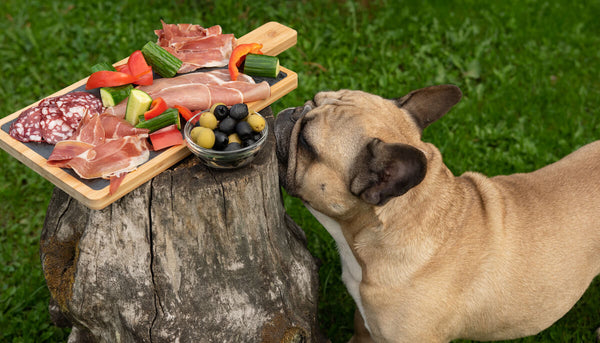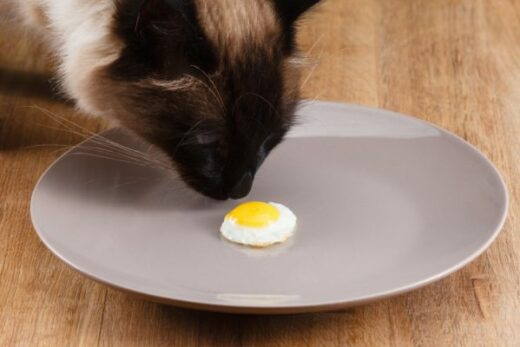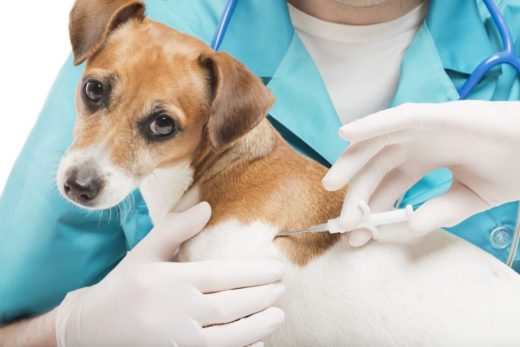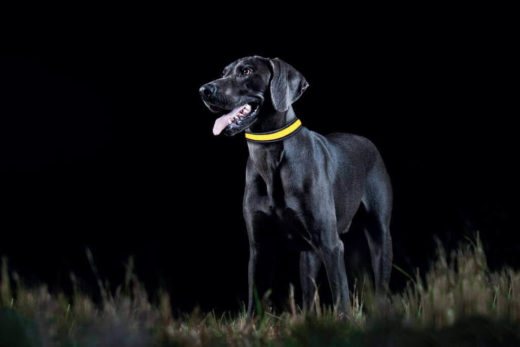Olives are a human food that provides us — the humans of the household — with a variety of health benefits, including healthy fats that protect against heart disease. So, this fruit makes a great addition to any human diet, but is it a good addition to our dog’s diet? Can dogs eat olives?
Yes, dogs can eat olives. Every part of this fruit is non-toxic to dogs, but that doesn’t mean it’s a good choice for our furry friends. While a few olives won’t harm your dog, we rarely feed this food to our pets because there are several risks associated with it.
Learn about the risks of giving olives to dogs. Plus, find out how to reduce those risks so your dog can eat olives safely, and discover other healthy foods you can share with your dog instead of this snack.
What Are the Risks of Feeding Olives to Dogs?

While olives are a healthy human food and may even have benefits for your dog’s health, there are several risk factors that may make you think twice about sharing this snack with your best friend.
Dangerous Pits
The most immediate risk of feeding this fruit to dogs is the olive pit. While olive pits aren’t toxic to dogs in the way that some fruit pits are (like cherry pits), they’re a serious choking hazard. The risk of choking is especially high in small dogs. And the pit can crack your dog’s tooth or cause similar dental problems in dogs who are diligent about chewing their food.
Even if your dog successfully swallows olives with the pits inside, it could cause problems further down their digestive tract. Eating multiple olive pits can lead to an intestinal blockage, a serious condition that may require medical care.
If your dog has swallowed multiple whole olives, watch for signs of a blockage, including lethargy and sensitivity when their stomach is touched. Call your vet if you notice these symptoms.
High Salt Content
Because olives are brined, they contain high levels of sodium. The sodium content of just one black olive is 32 milligrams, which makes eating lots of olives bad for dogs.
While dogs need a small amount of sodium in their diet, they’ll get it from their dog food as long as they receive a complete and balanced diet. Over time, excess salt in your dog’s diet can lead to health issues, just like it does for people. Eating salty food is suspected of contributing to high blood pressure and heart disease in dogs.
In extreme cases, eating large quantities of salt at a time — especially when not enough fresh water is available — can lead to salt toxicosis in dogs. Salt toxicosis is a serious and sometimes fatal condition. Early signs include vomiting, diarrhea, muscle tremors, and seizures. Head to your vet’s office immediately if you notice these warning signs or suspect your dog has eaten too much salt.





